I gave an interview (in German) on researching new forms of organizing such as social entrepreneurial ventures, incubators & discourse spaces and how these tackle grand challenges. The interview also includes some reflections on the Zahnräder Network:
17 Ziele in der Wissenschaft: Neue Räume für neues Denken
Armut, Hunger, Klimawandel – ohne Frage große Herausforderungen unserer Zeit. Wie innovative Organisationsformen diese Themen angehen, dazu forscht Dr. Ali Aslan Gümüsay an der Universität Hamburg. Seit 2018 leitet er das von der Deutschen Forschungsgesellschaft geförderte Netzwerk „Grand Challenges & New Forms of Organizing“. Er ist Mitgründer des Zahnräder Netzwerks und lebt mit seiner Familie in Hamburg. Ein Gespräch über große Herausforderungen, wissenschaftliche Leidenschaft und persönliches Engagement.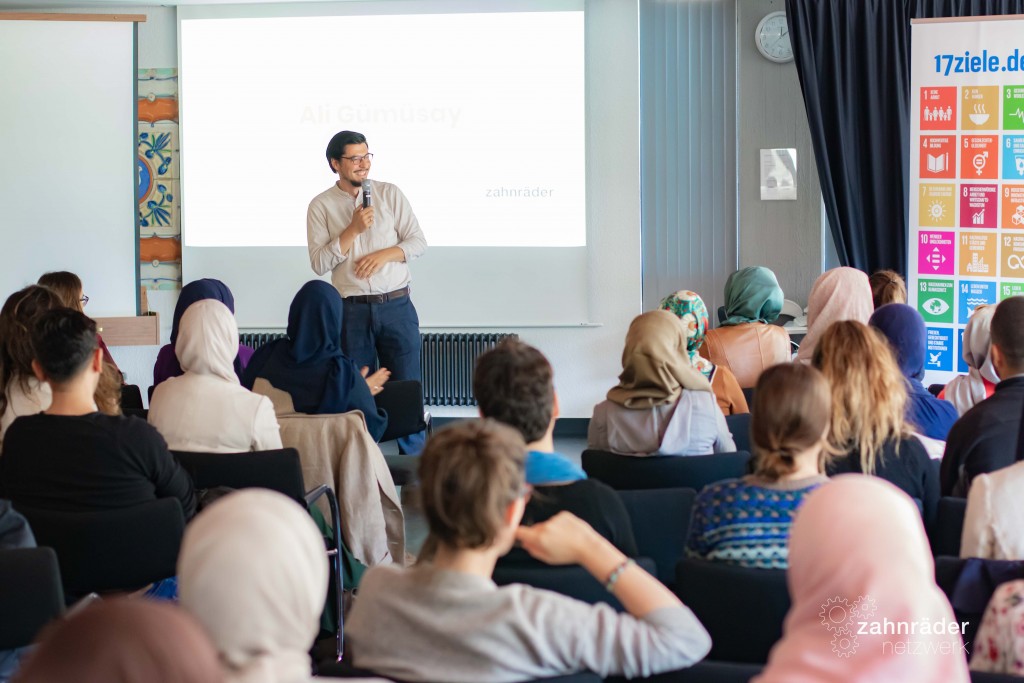
 New piece on the sharing economy, grand challenges, social movement, platforms, and refugees fresh out at Academy of Management Discoveries.
New piece on the sharing economy, grand challenges, social movement, platforms, and refugees fresh out at Academy of Management Discoveries.  article appeared on the Copenhagen Business School the Business of Society
article appeared on the Copenhagen Business School the Business of Society 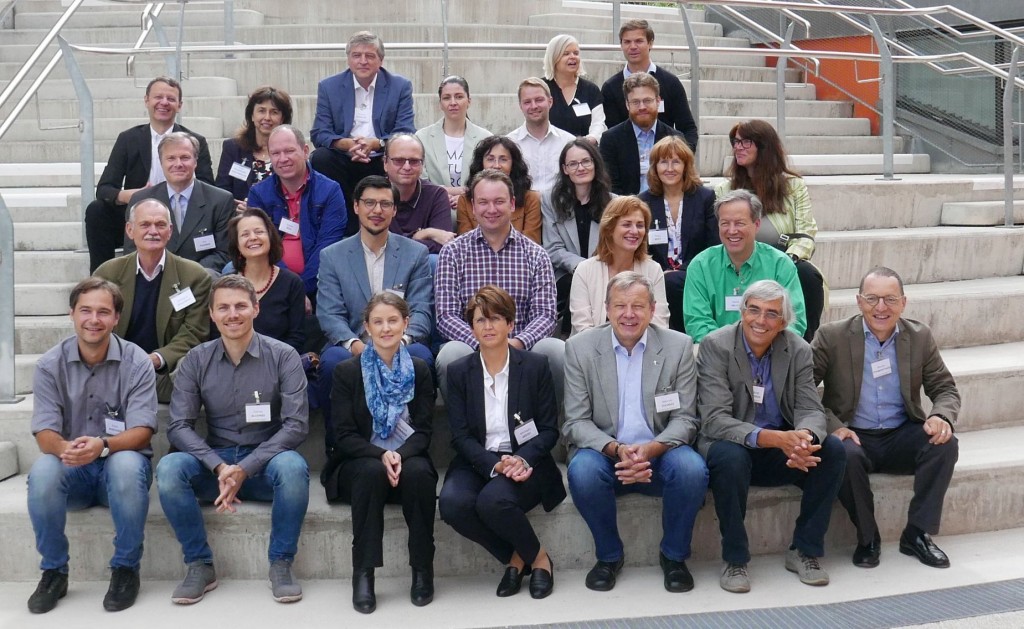
 funding for our scientific network. Over the next 3 years the network studies the relationship between societal grand challenges and new forms of organizing.
funding for our scientific network. Over the next 3 years the network studies the relationship between societal grand challenges and new forms of organizing.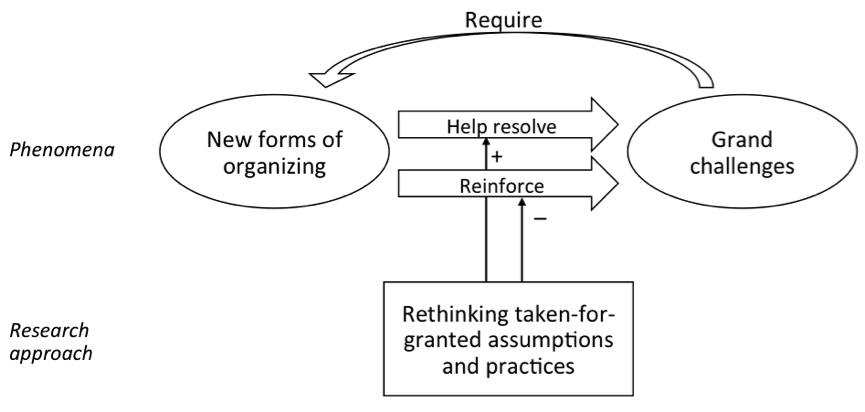
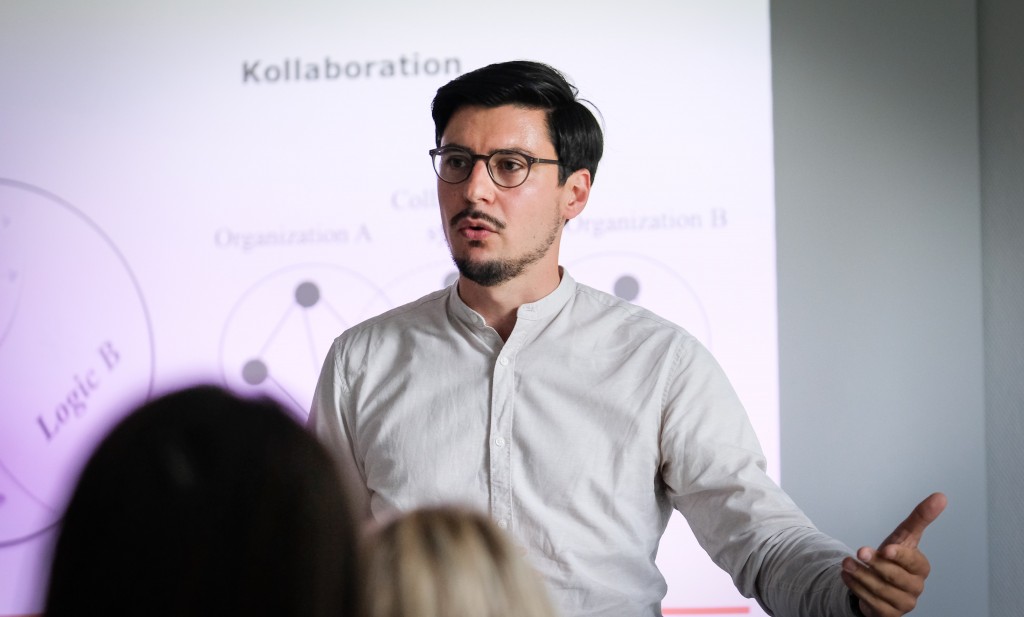
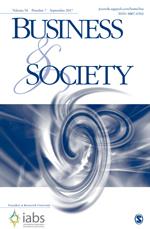 relatively underexamined in organization theory. In this article, I assert that the institutional logics perspective is especially conducive to examine the macrolevel role of religion for organizations. The notion of the religious logic offers conceptual means to explain the significance of religion, its interrelationship with other institutional orders, and embeddedness into and impact across interinstitutional systems. I argue for intrainstitutional logic plurality and show that specifically the intrareligious logic plurality has been rather disregarded with a relative focus on Christianity and a geographical focus on “the West.” Next, I propose the concept of interinstitutional logic prevalence and show that the religious logic in particular may act as a metalogic due to its potential for uniqueness, ultimacy, and ubiquity. Through illustrations from Islamic Finance and Entrepreneurship, I exemplify implications of logic plurality and prevalence for organizations and societies.
relatively underexamined in organization theory. In this article, I assert that the institutional logics perspective is especially conducive to examine the macrolevel role of religion for organizations. The notion of the religious logic offers conceptual means to explain the significance of religion, its interrelationship with other institutional orders, and embeddedness into and impact across interinstitutional systems. I argue for intrainstitutional logic plurality and show that specifically the intrareligious logic plurality has been rather disregarded with a relative focus on Christianity and a geographical focus on “the West.” Next, I propose the concept of interinstitutional logic prevalence and show that the religious logic in particular may act as a metalogic due to its potential for uniqueness, ultimacy, and ubiquity. Through illustrations from Islamic Finance and Entrepreneurship, I exemplify implications of logic plurality and prevalence for organizations and societies.